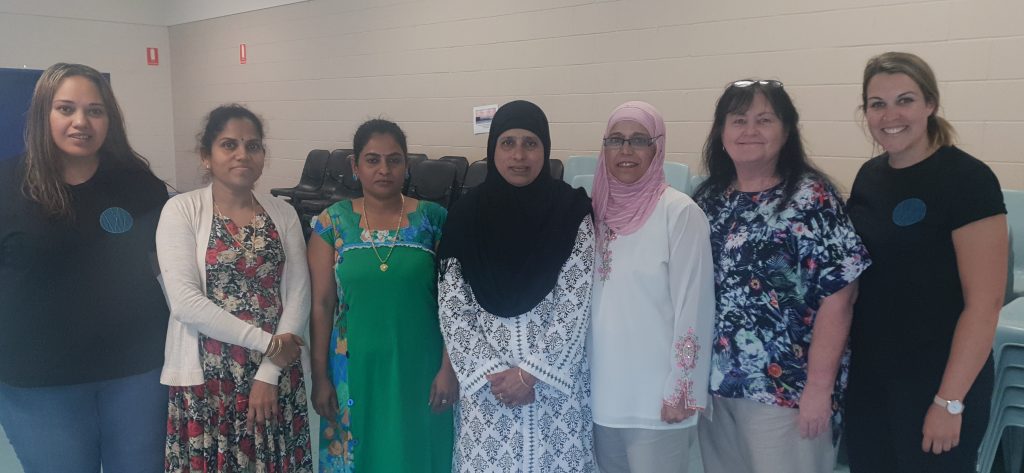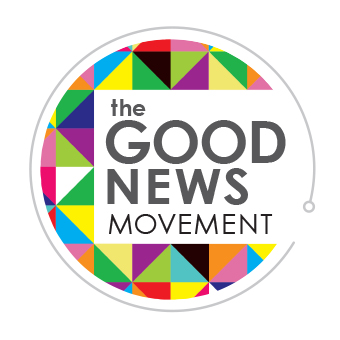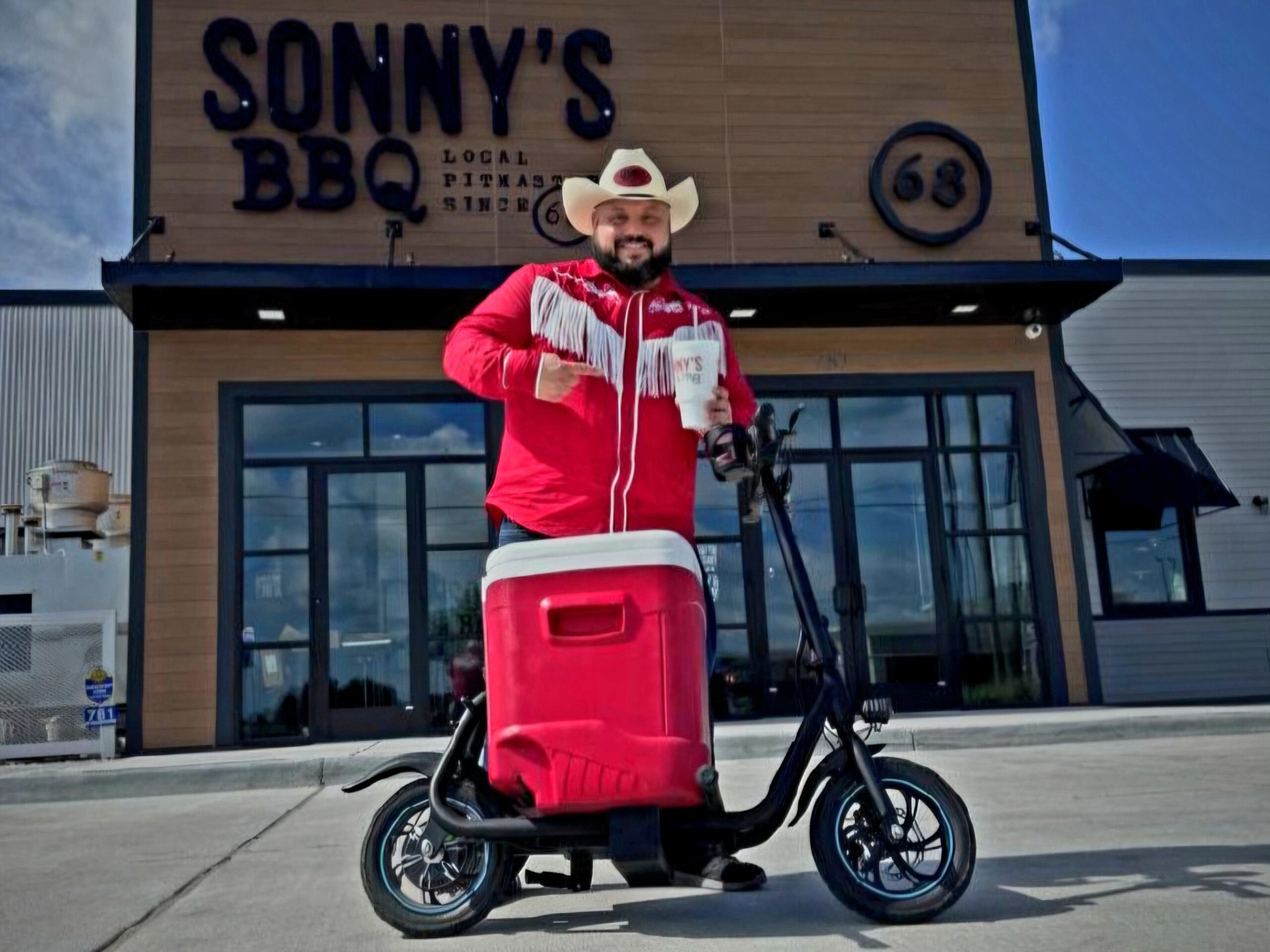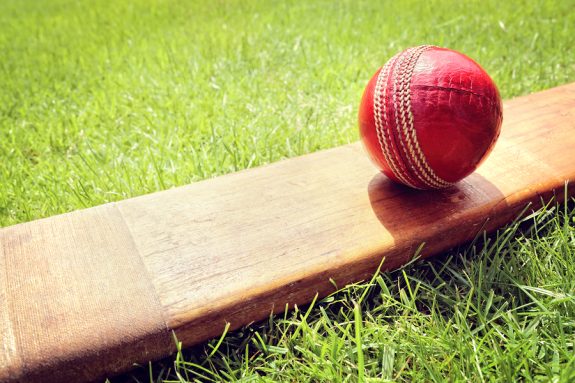A Brisbane sewing studio is helping reduce the harmful impact of fast fashion while at the same time helping highly skilled refugee and migrant women with employment.
The Mantua Sewing Studio supports ethical Australian-made sewing manufacturing, which ensures raw materials, resources and workshop conditions where clothes are made are up to scratch.
But employing highly skilled sewers from different ethnic and cultural backgrounds – who would otherwise struggle to find jobs – is the founders’ true passion.
In just a few weeks the project, set up by Logan women Mady Taue, Kim Rollason-Nokes and Leah Andrea, will be open for business.
“There is a big consumer shift towards a more ethical fashion industry, more consumers are wanting to buy locally and ethically over cheap, fast fashion,” said Ms Rollason-Nokes.
“But our vision is for highly skilled refugee and migrant workers to resource this industry in an ethical and empowering way,” she said.
“The idea was born after we witnessed the hardships these women encountered in the Logan City community – we have worked in community services and migrant resettlement sectors for over 20 years.”

“We started to see challenges for women from refugee and migrant backgrounds, particularly in gaining long term and stable employment.”
The trio also saw the barriers the women faced with transport, childcare, language, family and cultural expectations.
“We wanted to give women a place to come and work but also to connect with the local community, reduce social isolation and build confidence,” Ms Rollason-Nokes said.
“These are powerful catalysts for change in the community and we wanted to change perceptions of stereotypes and things that are happening in the community beyond fashion and local communities,” she said.
The Mantua Sewing Studio works by offering Australian clothing labels a “vision” for a garment by offering high quality workmanship for design and manufacturing services.
“Labels are creating meaningful and empowering training and employment pathways for women from refugee and migrant backgrounds to support their settlement into their new country,” Ms Taue said.
The studio can help with design, prototyping, tech design and manufacturing.
“Labels come to us with a design or ready-made pattern and we can assist with making that come to life,” said Ms Rollason-Nokes.
“There are not many options for labels to manufacture locally. There has been a loss of clothing skills, fast fashion is happening offshore, and women have really lost their sewing skills,” she said.
“Women from refugee and migrant backgrounds have amazing skills with tailoring and dress making, but when they come to Australia they are faced with barriers to employment.”
“We are putting together the needs of the clothing labels with wanting to manufacture locally with the skills of women with refugee and migrant backgrounds who can meet the need of labels but need support.”
The studio has been provided a low-cost workshop at TAFE in Mt Gravatt for the first year, with their first in-house training program for five women from Afghanistan, Congo, and New Zealand.
“We reached out to ACCESS community services who offer sewing classes in their community hubs at some of the local schools around Logan, we met with the hub leaders who recommended and introduced us to some of the women who they thought would be a good fit for our program,” said Mrs Taue.
“At the moment we have five labels we are already working and another three in the pipeline,” she said.
“We are not advertising so we are busy getting everything set up, equipment transported, but people are still finding us.”
The studio’s goal is to scale up over time, and eventually employ up to 50 sewers.
While Ms Rollason-Nokes and Mrs Taue don’t have direct experience in the fashion industry, Ms Andrea has over 35 years’ experience in the fashion industry with 12 of those years teaching at TAFE, has overseen multiple production floors and has her own men’s underwear label
Ms Rollason-Nokes has capitalised on her social enterprise, business start-up and training knowledge.
“We were crazy enough to believe we could do it. It’s an interesting journey because things need to change in the fashion industry, if things continue the way they have always done, nothing will change,” said Ms Rollason-Nokes.
“Fresh eyes can look at what’s not working both for the sewers and for the labels and recreate a service around the vision of what we think it should be,” she said.
“Conversations with labels, sewers and the industry in general starting to highlight key values, transparency in providing products and the way we employ, with fair working conditions and wages, are bringing the consumer and the sewer closer together start to put together a faceless industry.”
“We are really connecting people with who sewed their clothes, they get a card with a picture and the story of the person who sewed it.”
“We are not just here to make money; we are setting up as a charity reinvesting back into sewers and the local community.”
“We are supporting ladies so they can build up their skills and then potentially go off to design their own label. Casual sewing might be enough but if they can take it further, we can see how we can provide those pathways and those skills to help them continue to build their aspirations.”
The studio has been loaned two shipping containers and industrial sewing machines to get started, and a crowd funding campaign has been launched to help set up the workshop.
For more information visit Mantua Sewing Studio.
by Alyshia Gates


